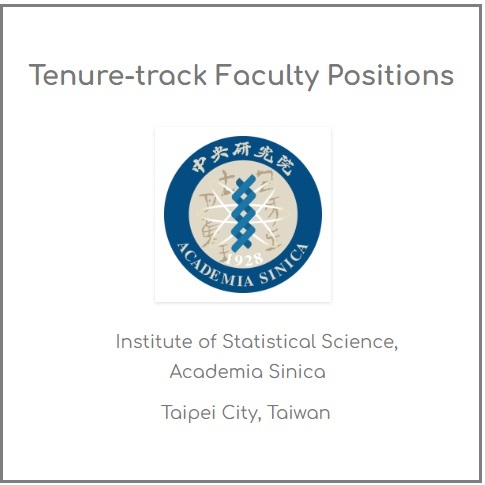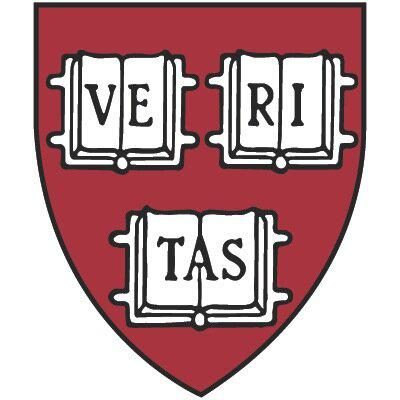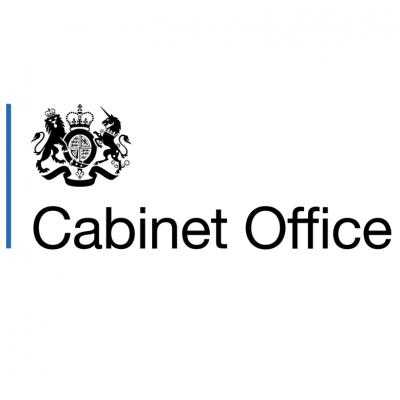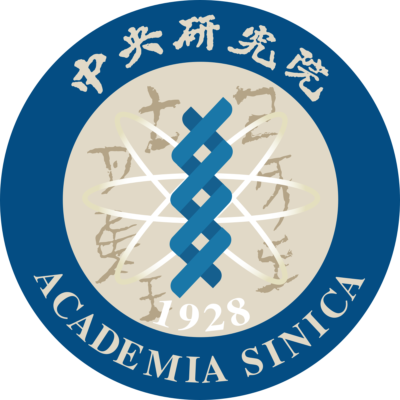The complexity of formulating liquid products such as paints and coatings prevent a fast response to external factors such as raw material supply disruption, rise in energy costs, or the need for more sustainable formulations. These products can contain up to 20 different ingredients, limiting our ability to optimise formulations based on science rather than trial and error approaches. Here is where data-enabled approaches, such as machine learning or Bayesian statistical methods, can make a difference. These methods have enormous potential to serve as a predictive tool to guide materials design, reducing the number of experiments needed to optimise a certain formulation while introducing evidence-based biases.
In this project, you will develop and implement data-enabled methods such as Bayesian optimisation and Bayesian decision making using existing data and data generated by yourself. These methods will guide your own experiments to optimise the properties of actual paints and coatings formulations, which will involve advanced characterisation techniques (e.g., atomic force and fluorescence microscopy) and image analysis methods. Therefore, successful completion of this PhD project will provide you with excellent career prospects both in academia and industry across a range of sectors. The tools developed in this project will be applicable to not only to paints and coatings but to a wide range of liquid formulated products, e.g., inks, adhesives, or cosmetics.
This PhD position is integrated within a large UKRI funded project on soft materials within a world-class research environment. The project will be part of a collaboration between the research group of Dr Ignacio Martin-Fabiani at the Department of Materials and Prof Diwei Zou’s group in the Department of Mathematics. You will be included in a dynamic and supportive environment within Loughborough University. This project will offer you the possibility of collaborating with internationally leading academic and industrial project partners.
Supervisors
Primary supervisor: Ignacio Martin-Fabiani
Secondary supervisor: Diwei Zhou
Entry requirements
Applicants should have or expect to achieve, at least a 2:1 Honours degree (or equivalent) in a relevant subject.
The project requires programming skills (Python is the preferred language), familiarity with probabilistic models and stochastic processes, and sufficient knowledge of mathematical concepts to quickly grasp other statistical concepts. Lab-based experience is also desirable.
Fees and funding
The studentship is for 3 years and provides a tax-free stipend of £19,237 per annum for the duration of the studentship, plus university tuition fees.
How to apply
All applications should be made online via the ‘Apply’ button. Under programme name, select Materials.
Please quote the advertised reference number: AACME-24-027 in your application.



















